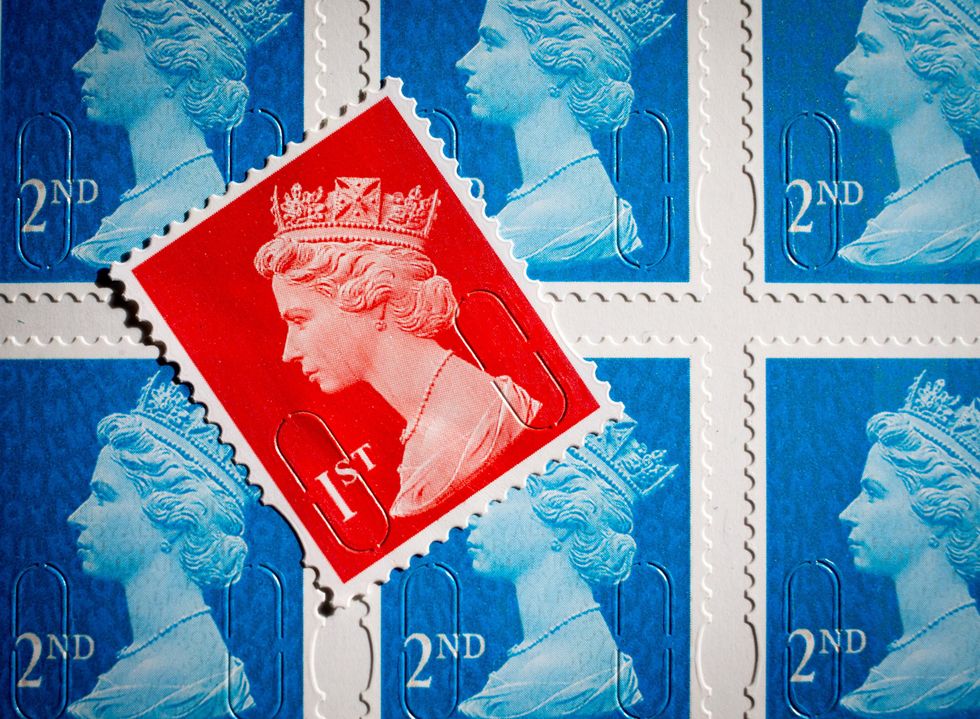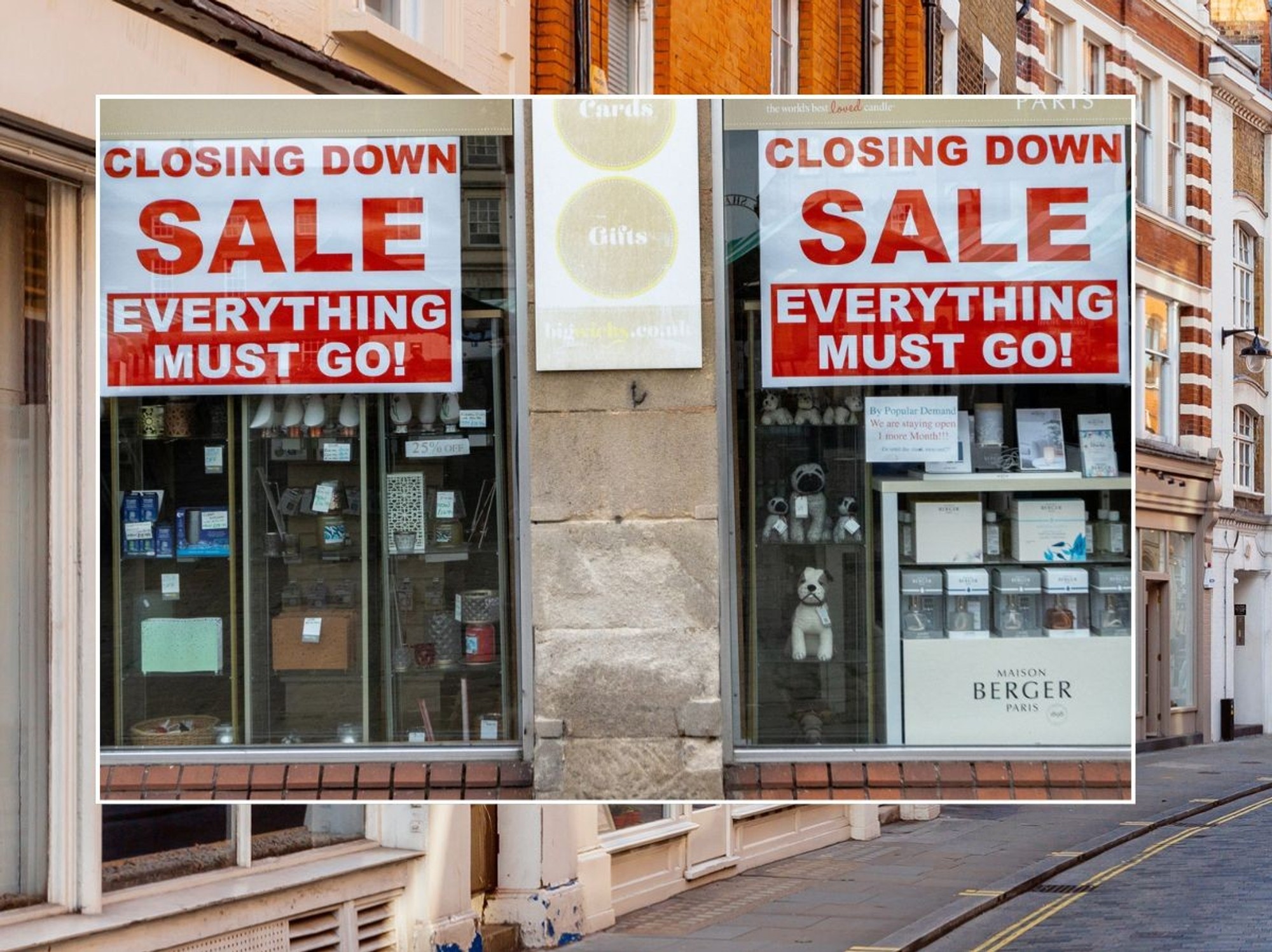Martin Lewis has long advocated for this money-saving strategy
ITV/THE MARTIN LEIWIS MONEY SHOW LIVE
Royal Mail blames the latest hikes on increasing cost pressures and its requirement under the 'universal service obligation' to deliver letters to all UK addresses six days a week
Don't Miss
Most Read
Trending on GB News
Martin Lewis has urged Britons to "stock up" on a common £1.35p item ahead of the price hikes next week.
From Monday, October 7, the cost of a standard first-class stamp will soar by 22 per cent, rising from £1.35 to £1.65.
Britons are urged to act quickly and stock up on first-class stamps before a significant price hike takes effect next week.
Lewis, founder of MoneySavingExpert.com, has long advocated for this money-saving strategy.
He said: "For years, every time stamps go up in price I've suggested people stock up and bulk-buy in advance, as provided the stamp doesn't have a price on it and instead just says the postage class, it's still valid after the hike.
"So you may as well stock up now, even if it's just for Christmas cards for the next few Christmases."

Martin Lewis has suggested people stock up and bulk-buy stamps in advance of the price hike
GETTYThis increase follows previous price hikes in October 2023 and April 2024, marking a substantial jump in postal costs over the past year.
The price of large first-class stamps will see an even steeper increase, jumping from £2.10 to £2.60 – a 24 per cent rise.
Royal Mail has also announced that the cost of various other services, including Signed For, Special Delivery Guaranteed, and Tracked, will increase from the same date.
Second-class stamp prices, however, will remain unchanged at 85p for standard and £1.55 for large letters.
With only days left before the new prices come into effect, consumers are being advised to purchase stamps at the current rate if they anticipate sending letters or cards in the near future.
Royal Mail has defended the price increase, citing significant challenges in maintaining its universal service obligation.
Nick Landon, chief commercial officer at Royal Mail, explained: "We always consider price increases very carefully. However, when letter volumes have declined by two-thirds since their peak, the cost of delivering each letter inevitably increases."
He added: "A complex and extensive network is needed to get every letter and parcel across the country for a single price – travelling on trucks, planes, ferries and in some cases drones before it reaches its final destination [delivered] on foot."
The company points to the rising costs of maintaining its extensive delivery network. This includes servicing an additional four million addresses between 2004/05 and 2023/24.
Royal Mail emphasised its commitment to the universal service, which requires delivering letters to all UK addresses six days a week.
However, Landon acknowledged: "We are proud to deliver the universal service, but the financial cost is significant."
Consumers are warned to be cautious when purchasing stamps in bulk.
LATEST DEVELOPMENTS:
To avoid counterfeit stamps, buying from reputable high street outlets or directly from the Royal Mail online shop is recommended. Keeping receipts is also advised as a precautionary measure.
Royal Mail has introduced a 'fake stamp scanner' to help verify stamp authenticity. In April, the postal service temporarily suspended the £5 penalty for recipients of letters with fake stamps.
However, senders may still face charges if caught using counterfeit stamps.
Those with old, non-barcoded stamps can exchange them for new ones through Royal Mail's Swap Out scheme. This free service involves filling out a form and posting it along with the outdated stamps to Freepost SWAP OUT.







